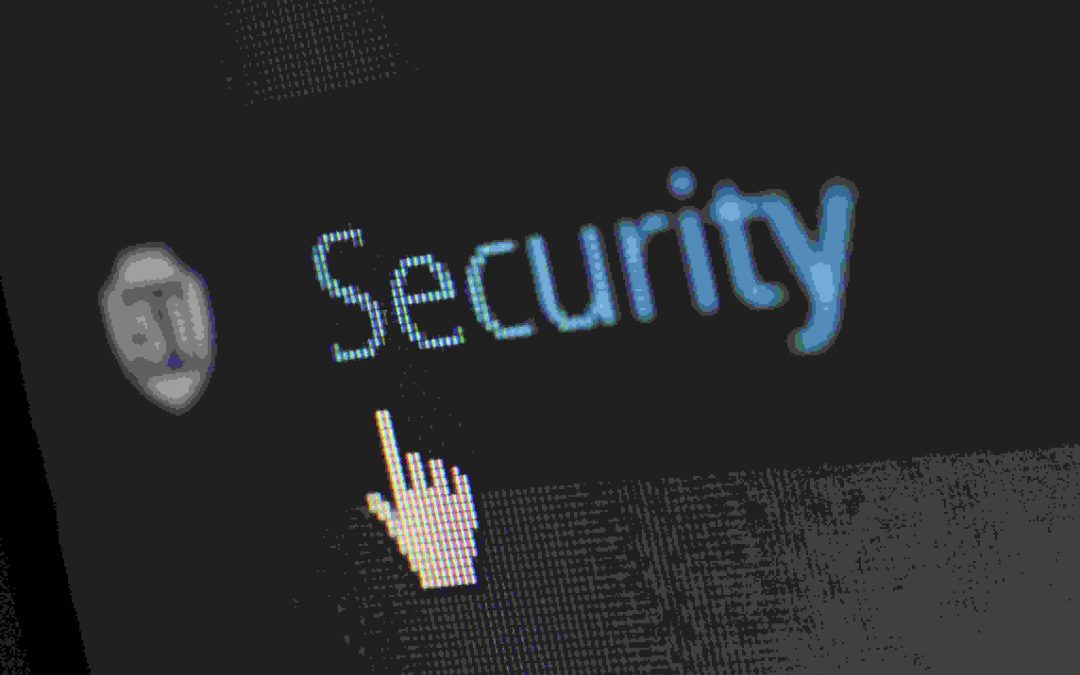When it comes to computer safety and privacy, images of massive ransomware networks, specialized espionage, and data-hungry behemoths come to mind. However, you don’t need to acquire a masters in cyber security to keep your data safe and secure. One easy step you can take to safeguard your privacy is frequently ignored in this swirling digital fog: your personal computer is encrypted.
According to Cooper Quintin of the Electronic Frontier Foundation, computer encryption is comparable to the most fundamental preventative health practices.
He stated over the phone, “It’s a fantastic bit of basic security hygiene, like washing your hands or wearing a mask that everyone can do, and that actually brings you a lot of benefits.”
What Does It Mean To Encrypt Your Computer, And Why Should You?
It isn’t easy to encrypt data. However, you personally don’t need to comprehend all the complicated math involved because it has already been calculated for you by a team of capable and motivated individuals.
Experts frequently distinguish between two different types of encryption: encryption of data in motion and encryption of data at rest. Consider the former, such as texting. Apps like Signal or WhatsApp use end-to-end encryption to ensure outside parties cannot read communications (data in motion). And that’s wonderful! Consider the information on people’s computers or phones while considering the latter, which is the topic of emphasis.
Information that you probably wish to keep private, “People can recover deleted files from your hard disc even if you’ve deleted stuff.”
A hard drive that has been properly encrypted is practically unreadable to anyone who lacks the decryption key. That’s usually just the password used to get in on an encrypted computer. Data that has been encrypted is genuinely private since it is unreadable to unwanted eyes, unlike deleted data, which is frequently easy to recover.
Quintin insisted, “Even if you’ve deleted something, someone can recover the deleted files from your hard disc. However, if your hard drive is encrypted, nobody will be able to recover those files.
People keep a lot of private information on their computers, including tax records, personal photos, health information, journal entries, and who knows what else. If your hard drive isn’t encrypted, the likelihood that its contents will be discovered is much higher, even if there are no plans to share that information with the public.
Quintin continued, “The most crucial reason to encrypt your computer or phone, and this may sound apparent, is so that no one can read what’s on your computer or phone without your consent. This is incredibly useful, for instance, if someone were to take your phone or computer, or if you were to lose your phone or computer.”
According to Quintin’s scenario, even if burglars manage to get their hands on your computer, they won’t be able to access its files. You don’t have to go through the networking definition.
It serves as a reminder that sometimes even self-proclaimed experts need.
Journalists researching global e-waste in 2009 discovered a computer hard drive with records related to Northrop Grumman, a U.S. defense firm. The journalists reportedly discovered “hundreds and hundreds of documents about government contracts” and files labeled “competition sensitive” on the unencrypted hard disc.
Strong encryption is essential, according to Jen Easterly, director of the Cybersecurity and Infrastructure Security Agency, who called it “absolutely critical” in August 2021.
Encrypting your PC is essentially a mandatory step. It must be completed immediately before your computer is lost, sold, or recycled.
How to Secure a Computer?
Fortunately, encrypting both Macs and PCs these days is a simple procedure – even if it’s up to you to make it happen.
Quinton said, “It’s a shame that desktop and laptop operating systems like Mac and Windows don’t show [encryption] as a default because it’s such a straightforward step that everyone should take.”
People who want to perform that simple computer hygiene step are in luck because no additional software or knowledge is frequently needed. The majority of current computers offer owners a built-in procedure (as long as they know where to look).
The ways you can encrypt your PC using Mac, Windows, and all of your mobile devices are perfect for most individuals, according to Quintin.
Keeping Everything Safe:
An intelligent way to protect your private information from prying eyes is to encrypt your hard disc. Naturally, if you’re careless, it could also serve to hide your info from you.
In contrast to an unencrypted computer, your data cannot be easily recovered if you forget your password. In other words, encrypting your files is similar to locking them in a safe; if you forget the combination, you’re in big trouble.
“Your hard drive encryption should be standard practice.”
Fortunately, Quintin offers several suggestions for preventing lockouts of newly secured computer systems, like using a password manager to store a duplicate of your password to start. The password can also be written down and given to a friend or family member you trust, or it can be stored in a safety deposit box.
Quintin emphasized, “Encrypting your hard disc should be the norm.”
It would be nice to live in a society where all data is private and secure. Fortunately, you now understand how to make that happen.

